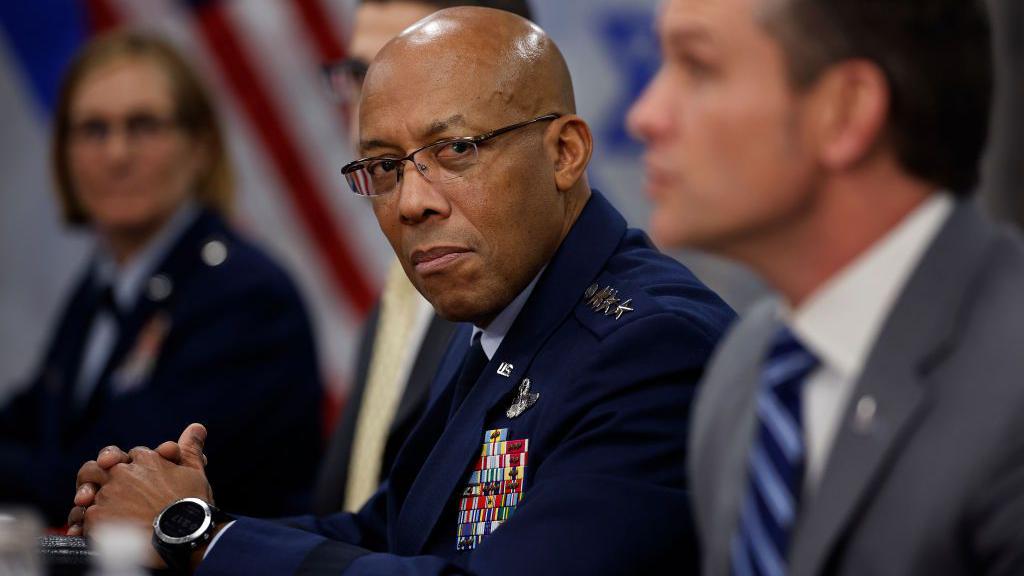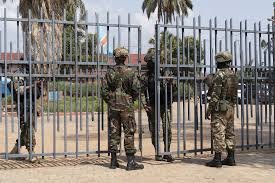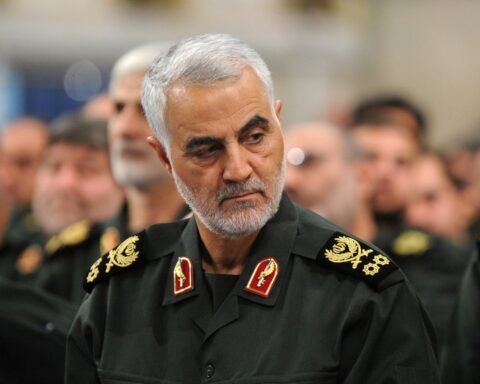President Donald Trump has made a sweeping change in U.S. military leadership by dismissing General Charles Q. “CQ” Brown Jr., the Chairman of the Joint Chiefs of Staff, along with two other high-ranking officials.
The move, which comes just 16 months after Brown took the top job, has sparked intense debate within defense circles and raised questions about the direction of military policy under Trump’s administration.
General Brown, the second Black officer to hold the highest military post in the country, had been overseeing key global operations, including the conflict in Ukraine and growing tensions in the Middle East. Despite his vast experience, Trump announced his removal on social media, thanking Brown for his four decades of service and wishing him well in the future.
In addition to Brown, Admiral Lisa Franchetti, the Chief of Naval Operations, and General James Slife, the Vice Chief of Staff of the Air Force, were also dismissed. Franchetti, the first woman to lead the Navy, and Slife, a seasoned Air Force commander, had been key figures in shaping military strategy. Their abrupt removal signals a shift in the Pentagon’s leadership structure, with Trump’s team seeking officials who align more closely with the administration’s vision.
To replace Brown, Trump has nominated retired Air Force Lieutenant General Dan “Razin” Caine. Caine, a former F-16 pilot and ex-CIA associate director, is a nontraditional choice, as he would be skipping over several senior officers to take the top military job. His appointment, which requires Senate confirmation, is expected to draw both support and opposition from lawmakers.
Defense Secretary Pete Hegseth has hinted that more changes could be on the way, as the administration moves to reshape the Pentagon’s leadership. Trump’s team has been critical of what it sees as an excessive focus on diversity and inclusion initiatives within the military, arguing that the focus should be on combat readiness and operational strength.
Also Read; Gold Prices Hit Record High Amid
Global Uncertainty
Supporters of the shake-up say it will bring a fresh approach, while critics argue it risks destabilizing military leadership at a critical time.
The reaction in Washington has been mixed. Some lawmakers have praised Trump’s right to choose his military advisers, while others have warned that abrupt changes could impact national security planning. Inside the Pentagon, the firings have reportedly caused unease, with officials expressing concerns about continuity and morale.
With these changes, the U.S. military is entering a new phase under Trump’s leadership, and the impact of these decisions will likely be felt both at home and abroad.







